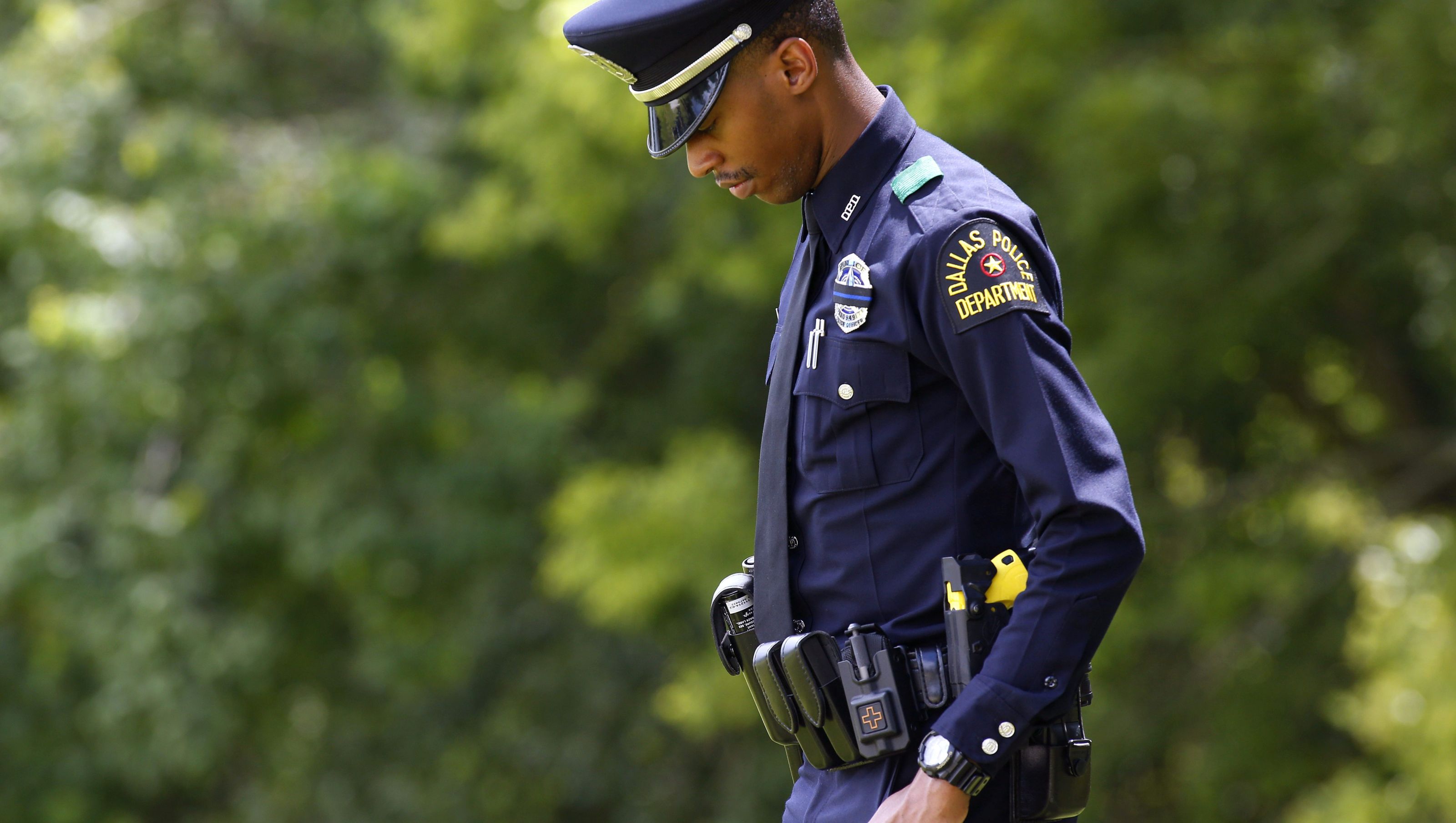The Traumatization of Our Police

.
The Traumatization of Our Police
The Traumatization of Our Police
The problem of traumatized police officers doesn’t need to take the most tragic route, the shooting of our citizens, to be dangerous. Traumatized police officers erode day-to-day contact with the public through behavior that is counter-productive. Such behaviors leave both police and citizens angry, frustrated, and fearful.
My friend Alexander Reed Kelly, a Western Washington University graduate and former editor of Truthdig, now lives in the Hudson Valley where he is running for the New York legislature. He writes on his website from time to time about issues, some of which he would face should he arrive in Albany. Police traumatization is an enormous problem, not only in New York state, but in our own state of Washington. Alex writes in a recent article “The Police Are Traumatized”:
“...police work is inherently traumatizing.Whether they ever have cause to reach for their guns or not, police officers are constantly subject to threats of violence. It is part of the water in which they swim. Left untreated, the consequences of trauma can be disastrous. Lengthy exposure disrupts normal brain functioning. It undermines our ability to think clearly and carefully and regulate our emotions. And it makes us more suspicious, less trusting and even paranoid. It increases the likelihood that we will respond to stressful experiences aggressively.”
Speaking with Cristin Sauter, a social worker involved directly with the issue of traumatized police, Alex learns that “..fortunately, the effects can be treated, even reversed. But it appears that few officers seek the therapy that the state [New York in this case] makes available to them.” Alex continues, “Like other people, police can lose consciousness of how their behavior affects others, and they should be trained to be very knowledgeable of just that, because both community safety and the psychological and physical well being of officers depend on it.”
Locally, our police receive de-escalation training to reduce the possibility of police encounters becoming violent. Former Bellingham Police Chief Cliff Cook and present Chief David Doll are proponents of such training, for which we should be thankful. Our own Mayor Kelli Linville has taken the training.
Across the country, mindfulness training programs such as the Mindful Badge are being touted as routes to reducing police officer stress in order to reduce or eliminate “encounters gone bad.” This from an article on the actions of the Dallas, TX police after an Army veteran killed five police officers in 2016 (US police forces are practicing mindfulness to reduce officers’ stress—and violence).
The technique’s [mindfulness] goal is to change the way officers manage stress and their emotions, emphasizing a deliberate, thoughtful response—and not a rash reaction. The aims are twofold: to help officers cope with trauma, and to reduce violence. Mindfulness has been gaining steam as an element of US police training in recent years, and is being introduced in departments including Seattle, Washington and Madison, Wisconsin. Research shows that because of the violence, pressure, and demands of the job, police officers have some of the highest levels of stress among all occupations.
We need good police officers. The Washington state Law Enforcement Academy turned away from military style training several years ago as such a focus was found to be counterproductive in a law enforcement environment. To their credit, our local police department has shed several bad apples over the last few years. Bringing on new police officers to replace those who have not performed well is an expensive and time consuming process. Better we should maintain through training those we currently have on the job and they continue to receive training to protect themselves and the public.
[Note: Full disclosure - I served for about 6 years as a Senior Volunteer with the Bellingham Police force.]





7 Comments